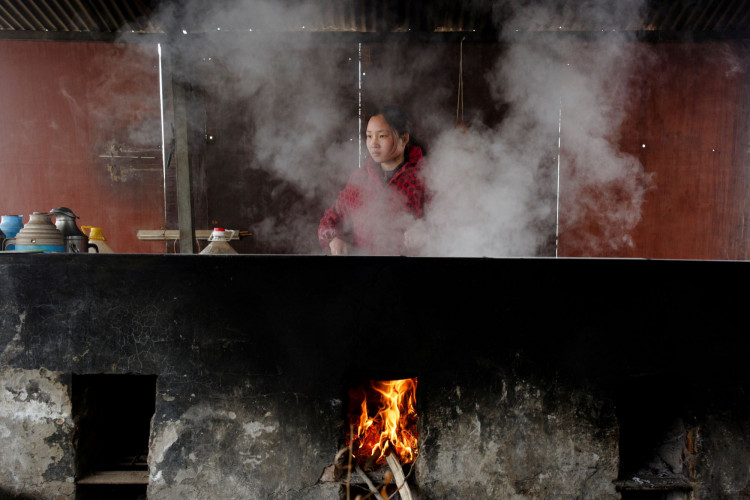Analysts claimed that air pollution levels in China have been significantly decreasing after companies operating in the country have closed down factories due to public health issues. It was revealed that weak resumption of production involving energy consumption, passenger traffic, real estate transactions, and air quality have mitigated China's coal footprint in recent weeks.
Economists and analysts have been overseeing business activity in China in recent weeks and claimed that pollution levels have deteriorated due to a gauge of industrial activity. A report by CNBC revealed that daily coal consumption in the country has decreased by almost one-half of the values recorded from 2019.
The report claimed that some factories have slowly resumed production last week after the country extended its Lunar New Year holiday due to public health issues. Last Wednesday, the Chinese government gave regular updates about work resumption. It has announced that 50 percent of economic regions such as Guangdong and Shanghai have resumed work.
Analysts then shared their views about the effects of the lessened industrial activity in recent weeks. They claimed that China has been well-known for its large coal footprint caused by the extensive burning of coal in its factories.
They further revealed that in 2020 alone, pollution levels have been 20 to 25 percent lower compared to the same period in 2019. Tapas Strickland of National Australia Bank also raised that there has been a substantial industrial activity decline in the country during the first quarter of 2020.
According to a senior foreign-exchange strategist at NAB Rodrigo Catril, more than 80 percent of China's 20,000 manufacturing subsidies have resumed work and that this should be embraced by the Chinese market. He then revealed that the pollution levels and the traffic congestion decrease do not corroborate with the present state of China's industrial sector.
Catril then added that the resumption of work in some factories in China has caused an adverse effect on investors.
Japanese bank Nomura has also been overseeing the data pertaining to passenger flows, traffic congestion, and real estate sales to track China's progress since work resumption. The company revealed that there had been 42.5 percent less daily consumption of six major power plants.
JP Morgan's Sin Being Ong also noted last week that the lack of workers and government-imposed standards for reopening in varied cities in China caused the slowing industrial sector.
Analysts then looked to the Bidu Migration Index to oversee the number of workers that resumed work after the Lunar New Year holiday. According to Morgan Stanley analysts, only 37 and 33 percent, respectively, have left tier one and tier two cities and subsequently returned to work.
Advisory Firm Oxford Economics then said that pollution and traffic volume statistics provide an overview of the speed at which the country is returning to business as usual.
The firm further claimed that reduced activity would not fully capture shifts in spending and business activity in China. It was also revealed that the first gauge would resonate from business surveys of sentiment.






